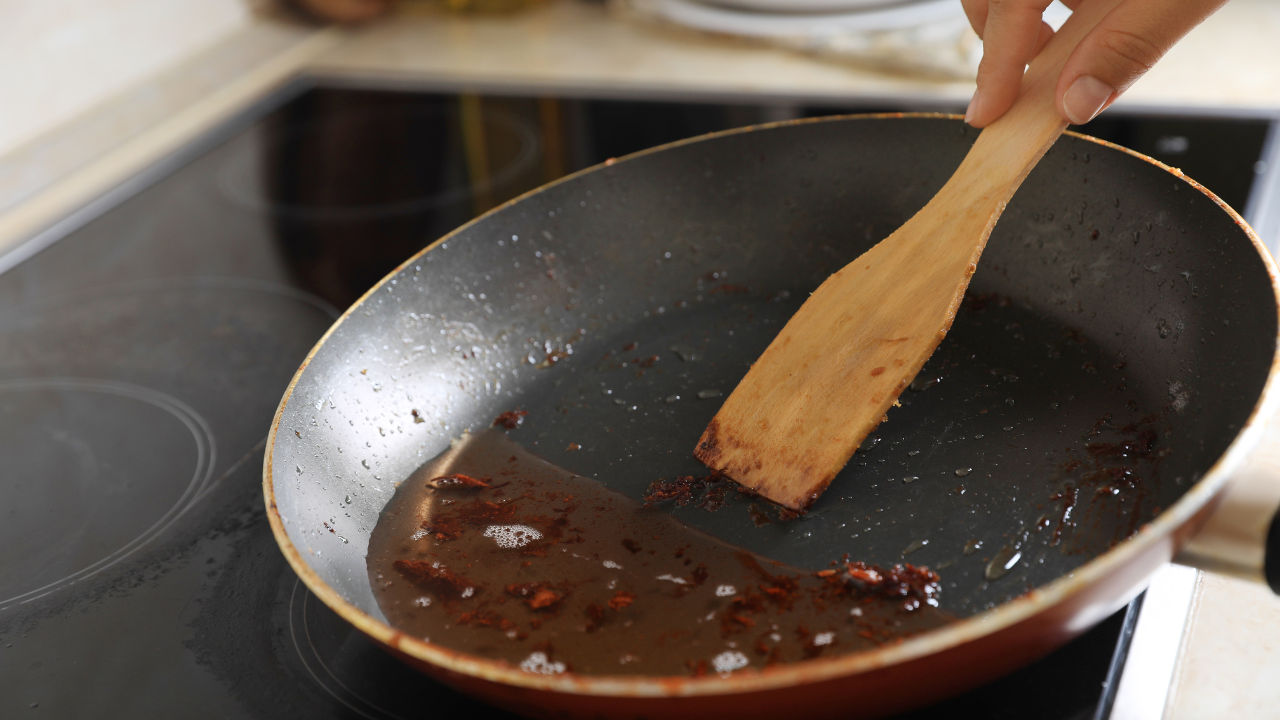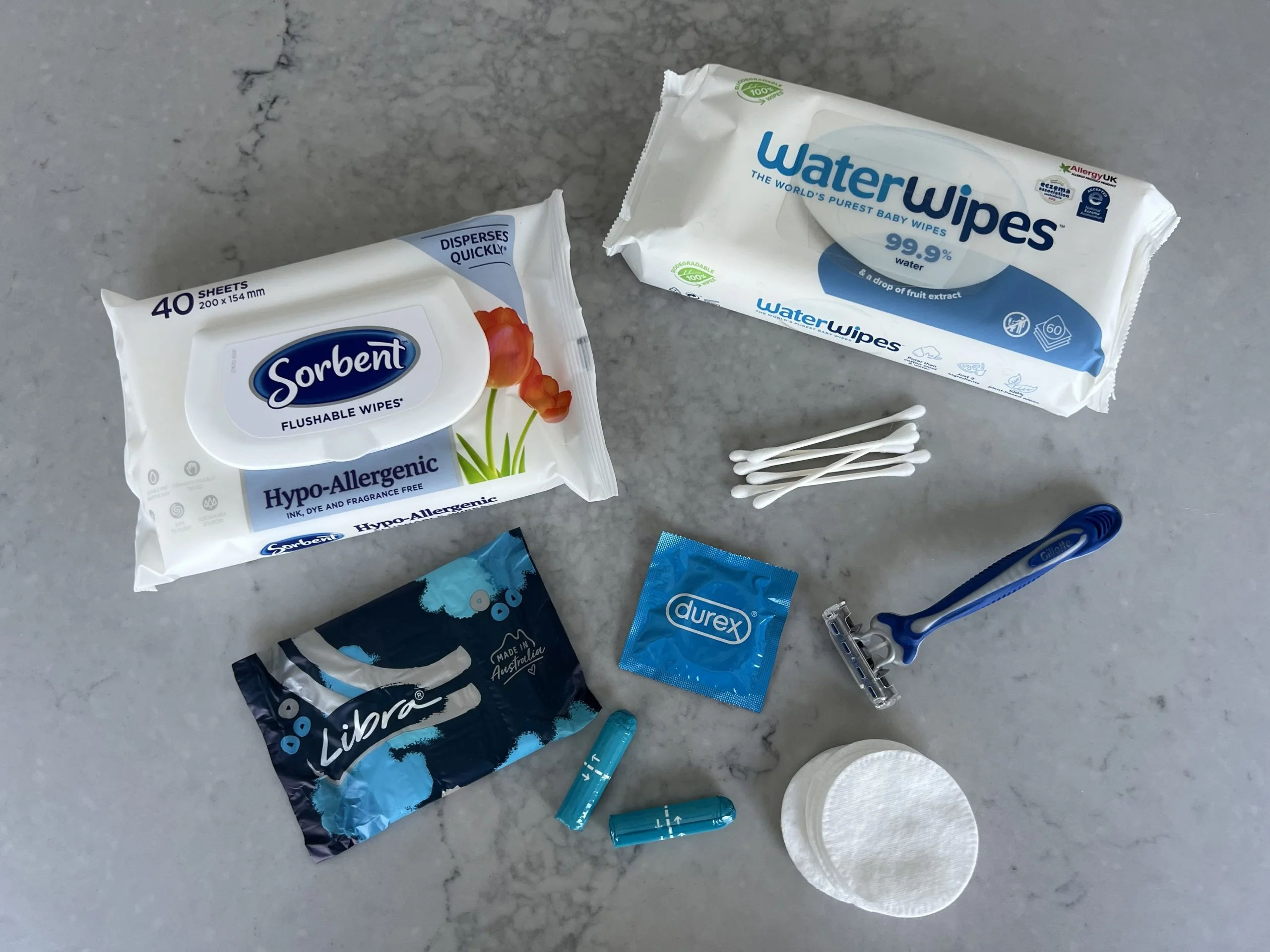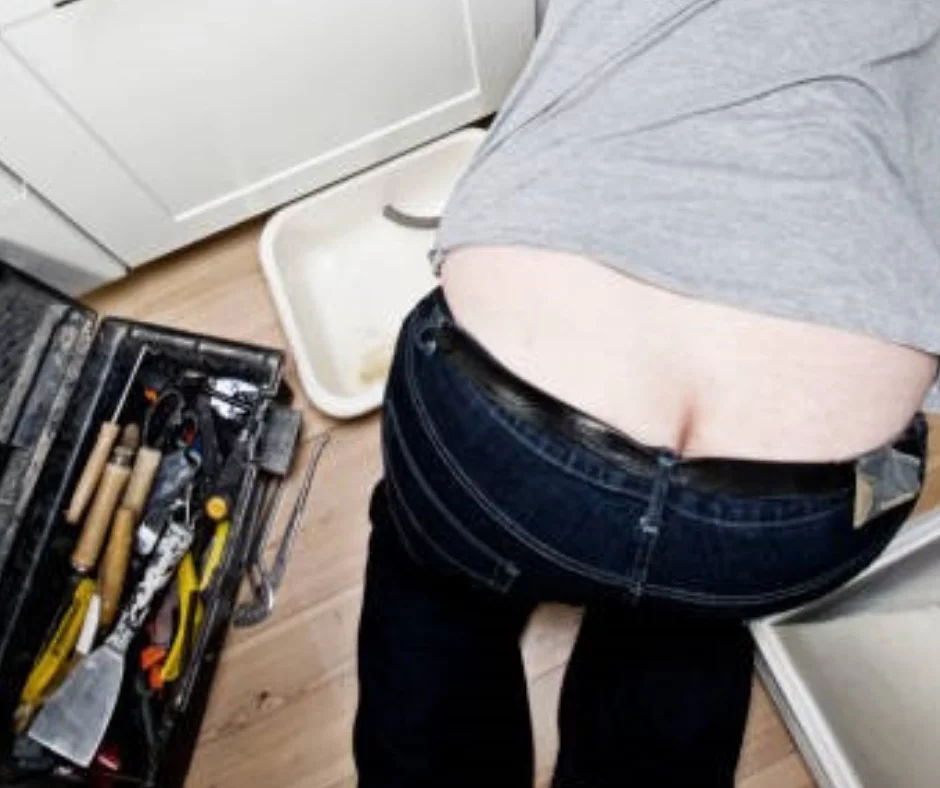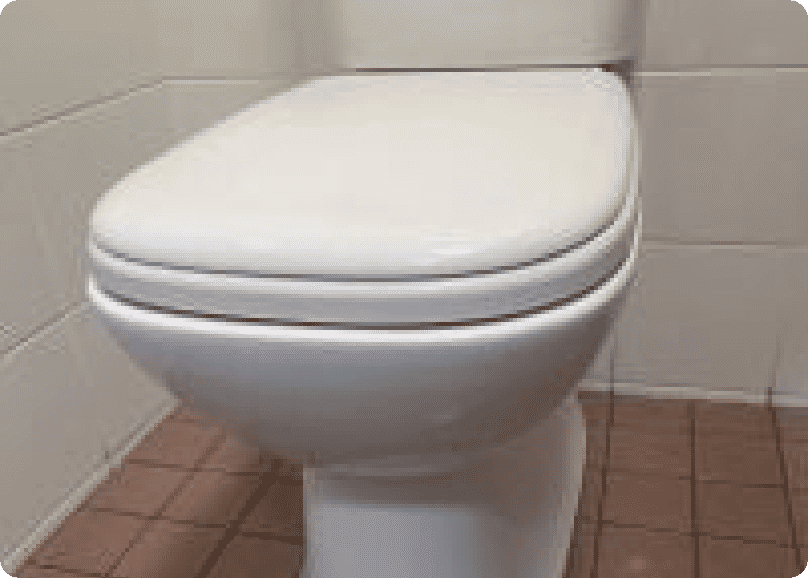Proper Disposal Methods For Used Cooking Oil
- William Demirdonder
- Aug 25, 2024
- No comments
- 15-minute read

Understanding how to dispose of cooking oil properly is essential for maintaining the health of your home's plumbing system and for environmental conservation. This comprehensive guide will explore the best ways to manage used cooking oil, emphasising the importance of responsible disposal to avoid plumbing issues like clogs and damage.
Improper disposal of kitchen oil can lead to severe problems in your plumbing system. When oil is washed down the drain, it solidifies as it cools, sticking to the pipes and eventually causing blockages.
These blockages can result in slow drainage, unpleasant odours and even backups of dirty water into your home, which can be costly to repair. By following best practices for kitchen oil disposal, you can stop these issues and help protect the environment from unnecessary pollution.
The following methods provide safe and effective alternatives to pouring oil down the drain, which can lead to clogs and other costly plumbing issues.
1. Cool and solidify
One of the best ways to dispose of cooking oil is to cool it down after use. Never pour hot oil into garbage bins, as it can cause damage and leaks. After the oil has cooled, consider solidifying it to make disposal easier. Mix the oil with absorbent materials such as cat litter, sand or sawdust in a sealable container and dispose of it in the trash to prevent leaks.
2. Reuse cooking oil
If the oil is not burnt and remains relatively clean, reusing it is a practical option. Filter the oil through a fine sieve or cheesecloth to remove food particles, then store it in a clean, airtight container. Refrigerate this container to extend the oil's lifespan and reuse it for cooking, ensuring you check for any odd smells or discolouration before use.
3. Recycle to protect the environment
Recycling used cooking oil is a beneficial way to contribute to environmental sustainability. Many communities offer services that collect used cooking oil and convert it into biodiesel, a cleaner alternative to traditional fossil fuels. Contact your local waste management or environmental services to find out how you can participate in these recycling programs.
4. Safe storage before disposal
If you're not immediately disposing of used cooking oil, store it properly to avoid spills and accidents. Use containers with tight-fitting lids to store the oil and label them appropriately to prevent misuse. When ready to dispose of the oil, ensure it is in a leak-proof container to avoid any mess in the garbage collection process.
While the kitchen oil disposal methods previously mentioned focus on large quantities of oil, it's also important to manage smaller amounts effectively to prevent buildup over time. Below are some practical tips to help you handle everyday cooking oil waste safely and efficiently.
By adopting these methods on how to dispose of cooking oil, you not only ensure the longevity of your plumbing systems but also partake in a global effort to promote sustainability and environmental care.
At Proximity Plumbing, we are committed to helping you maintain a healthy and efficient home plumbing system. By adopting responsible kitchen oil disposal practices, you can avoid common and costly plumbing issues.
Should you ever encounter a clogged kitchen sink or need emergency plumbing services, our expert team is here to assist you. We offer specialised services for clearing sink blockages and are available for emergency responses throughout Sydney and surrounding areas.
Trust Proximity Plumbing for reliable and swift service. Contact us today to ensure your plumbing needs are met with professionalism and expertise, and let us help you keep your home in perfect working order.
Understanding your home insurance and what you are covered for when it comes to plumbing can be overwhelming. Do you have cover if the land mower of your neighbour damages part of your pipeline?....
Read MoreFatbergs are created when you flush down wet wipes or “flushable” wipes down the toilet and they get caught up in your pipes with a combination of any oils, fats or grease poured down the ....
Read MoreImagine you’re in the midst of a plumbing emergency (we’ve all been there) and you desperately need an ace plumber on your door step. We doubt in the middle of a plumbing emergency you&rs....
Read MoreIrrespective of how hard you try, sometimes a toilet or bathroom clog is unavoidable. Whatever might be the reason for the clog, you need to clear the same. When you wish to fix the problem, a plunger....
Read More



Leave a Reply
Your email address will not be published. Required fields are marked *